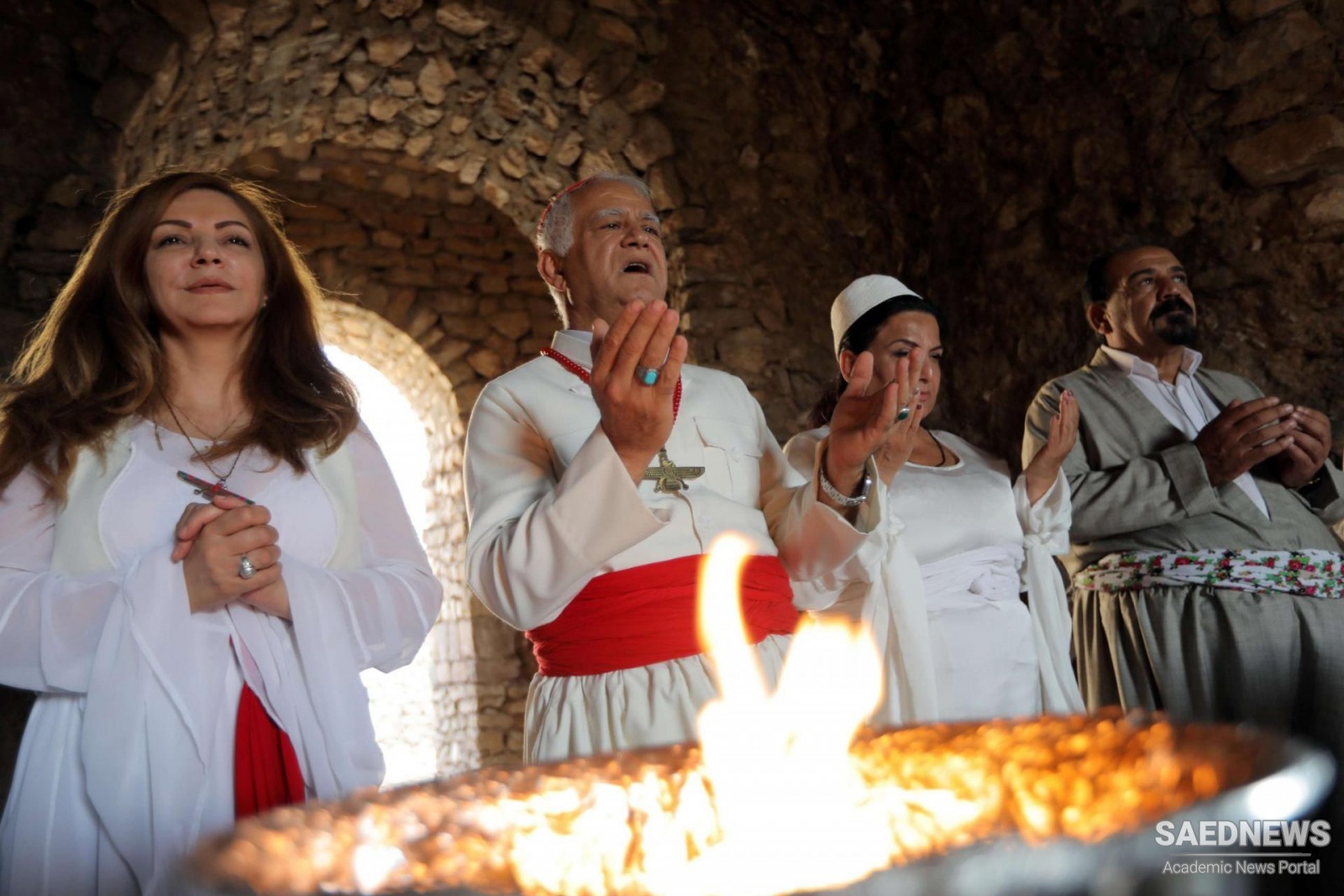Thought (forth) and engendered by Ahura Mazda, this is the cosmic Order imposed on the universe by Ahura Mazda through his primordial sacrifice and constantly renewed by him with the help of human sacrifices. One of the most sacred prayers in Zoroastrianism is the following: Order is the best good (reward/possession) there is. There are wished-for things in the wish for this one when one’s Order is for the best Order. What this prayer says, is that the sacrificer’s (and every human’s) duty is to support Ahura Mazda’s Order. When the order of the sacrifice (and the correct behavior of humans) regenerates Ahura Mazda’s Order, chasing evil, this will be their best reward. In the Old Avestan cosmological myth, Order also refers to the sun and the heavenly spaces illuminated by the sun. In the Pahlavi texts Ardwahisht is said to be the protector of humans. The Command is, more precisely, the ruling power, the power of command possessed by a general who leads his forces against an adversary. It was by his original command that Ahura Mazda first defeated Evil, and the sacrificer, having obtained the command by a successful sacrifice, is able to overcome his competitors and transfers the command to Ahura Mazdâ, who thereby again overcomes death and darkness and produces life and light and fertility for the earth/Armaiti and a good reward for his followers. In the Old Avesta, the Command is also closely associated with Armaiti, in which case it may refer specifically to human rulers who keep enemies and other scourges away from the land, maintaining a state of peace and prosperity. The bad poet-sacrificers use their twisted command to make the evil state return and to maintain lack of peace and prosperity. In the Young Avestan texts, Well-deserved Command can also be used to refer to metal tools, and in the Pahlavi texts Shahrewar is said to be the protector of metals.


 Zoroastrianism: the Essence of Religion of Zoroaster
Zoroastrianism: the Essence of Religion of Zoroaster














































